Luck by Chance
Luck By Chance
5 stars out of 5 (Outstanding)
Director : Zoya Akhtar
Hindi (English subtitles available), 2009
Take 1 - A producer in Mumbai has a relaxed chat with an aspiring actress who’s moved in from Kanpur. He tells her that she has what it takes to click in the industry,and also explains the role of ’ Kismet ’ - that maddening sobering thing called destiny. She smiles encouraged by this positive feedback... And then the producer slips in the line about 'give-'n'-take' relationship which, he explains, is crucial for the synergy between Artist and Maker. The girl’s smile doesn’t disappear - it seems she’s figured out the math before arriving.
Zoya Akhtar’s wonderful film 'Luck by Chance' is a very rare work - a debut that is sophisticated and smoothly entertaining in taking an unflinching look at the shenanigans of Mumbai’s Tinseltown. Apparently, you need not just Luck, you also need it to happen By Chance to make it big in a business that shamelessly suppresses so much talent in order to make its profits. But how much can one blame the producers, especially when one realizes that an outstanding film like this was a flop at the Indian box office?
The pic glides with so many merits in its easy folds, but one which I’d like to mention right off the bat, is a sentiment that I have long lamented and which Dimple Kapadia’s character states with a cool emphasis : "Don’t say "Bollywood". We are the "Hindi film Industry"’. The fact that our country’s entire film-referencing folk say this Bastardized name again and again for the sake of convenience, is a depressing testament to our frequently lazy lack of originality and imagination.
The movie’s opening credits feature a gently breezy song by Shankar-Ehsaan-Loy, while the visuals show a leisurely, fond montage of the various people who make a film- the costumed extras cooks and caterers carpenters studio guards dressing assistants chorus singers box office clerks people who put up giant posters et al. It is shot with auspicious grace and ends by opening into the acting school of a teacher (played with amusing appeal by Saurab Shukla) who instructs his student to not "underplay’ the character too much, and then proceeds to showcase an example by hamming it up himself! Sona Misra (Konkana Sen Sharma), the girl the from the first scene who’s willing to ’compromise’, reveals herself to be an aspirant with solid acting talent, and she patiently waits over three years for the day when her ’favourite’ producer will give her that all-important break. Vikram Jaisingh (Farhan Akhtar) is a strapping young man from Delhi who also leaves behing his Dad’s substantial business and hopes to make it big as film-star in Mumbai. Vikram also possesses acting ability - he’s cunning and charming , a hustler and gentleman according to the demands of the situation.
Both try their best to get high-profile roles, and thanks to the capricious nature of the industry’s working pattern the day finally comes when Sona is within reach of a conspicuous supporting role in a well-promoted film, while Vikram’s fortune is yet to change. By that time, these two are already romantic partners. With high hopes of landing the role, Sona goes to meet her trusted producer, while also caring to carry photographs of Vikram in order to recommend him...
The industry’s skullduggery and idiosyncracies are calmly shown. Karan Johar, playing his real-life persona in a party, coolly gives 'gyaan' to a superstar about how the industry manages despite resistance to inject itself with new blood - the fall-outs of this insight are inferred only later. A Hollwood company steps into the fray with its mega-bucks, educates domestic producers that the numero uno factor namely the script is called "property", but later as they come to know the market, property gaya bhaad mein, they quickly revert to the first question which everyone else asks: "Ok, Who’s the film’s Star?!" And an acting Guru tells his class that being an Hollywood actor is easy, but in India the the game is more difficult as the hero has to not only emote, but also sing dance fight and do comedy!
Akhtar’s gentle but expert feminine touch and poise is evident throughout - you’d think that a first-time director would be anxious to ensure a commercially safe product but Akhtar straightaway shows where her heart is. There is a clear exhortation to newcomers to fight it out until they know that they have given it their bloody best. Nothing less will suffice, especially when the stakes and rewards are so high. The narrative is admirably circular in the way it begins and ends with its protagonist - a gutsy young woman.
Konkana Sen Sharma played a memorable role in Madhur Bhandarkar’s "Page 3" as a coming-of-age reporter in the big bad city and here the role is quite similar except for a change of profession. What also remains the same is her beautiful acting and she will be long remembered for this important performance as a resilient aspiring actress. Sen is the emotional anchor of this film. Be it returning a remark with a playfully flippant countenance, letting her expression collapse into despair as she hears news of another missed chance, or calmly listening and then coolly pointing out the persisting selfishness of a person seeking her apology, Sen is consistent in her moving elegance.I had previously watched Farhan Akhtar’s refined performance in ’Karthik calling Karthik’ and here too he consolidates the second part of his dual reputation as a superior director and a nuanced actor. He is utterly convincing in a post-drinks scene of angry catharsis where he decries the petty-mindedness of his friend, and there is a carefully calibrated act where he bravely goes ahead to meet and talk to a prominent ex-actress and her starlet daughter, while fighting his nervousness all along. Overall, it is a sobering character arc of a youngster who is sincere at the start but then finds it difficult to maintain integrity and loyalty when luck changes.
The strongest moment in Dimple Kapadia’s eclectically characterized role comes when she venomously lashes out with naked vulgarity at a magazine editor for printing a scandal - that is a real zinger of an act. Her role, modelled after Hema Malini, will not amuse the latter. Rishi Kapoor playing a typically dramatic producer, provides chuckle-worthy entertainment with his flamboyant proclamations, automatic hypocrisy and default business decisions which have nothing to do with art, but he is given one genuinely redeeming moment where he sits down crestfallen and quietly laments that he no longer finds the same joy in making a picture because the current crop of stars do not measure up in civility and heart compared to their predecessors.
But distinguished thespian chops, a finely layered script, good music, excellent technical values and roping in half of the industry’s stars to do cameos in the film ,was still not enough to prevent this work from becoming a box office dud. It is shameful on part of the Indian audience that they didn’t even have the decency to make the film at least recover its money.
Anyway, it is interesting to note the length to which Zoya Akhtar goes to give an all-star feel here- when a hero's role becomes vacant -the scene shows Abhishek Bacchan, John Abraham, Ranbir Kapoor, Vivek Oberoi and Akshay Khanna as they all ruminate on the politics of taking the role. Famous costume designer Manish Malhotra playing his real-life persona smiles sheepishly throughout his 15 second appearance, a little too aware of the comic appeal of the scene. Both Aamir Khan and Shahrukh Khan pitch in - the latter needs to be congratulated for the homily he conveys. Top director Anurag Kashyap, cast for a few moments in the role of a screenplay writer, only manages to give a one-tone rendering - Akhtar may have got her kicks casting real-life industry bigshots but she unwittingly shows that they were not meant to be actors in the first place (I'm referring to Kashyap and Malhotra).
Cinematographer Carlos Catalan's visuals here have a refulgence that gives a cool refreshing look and gentleness of colour to all the frames, but his tweaking of the camera's contrast setting bleaches out many of the background details of outdoor shots - this is obvious in too many of the film's scenes The best song is 'Sapnon se bhare Naina' - its fusion tunes and momentum set up a throbbing rhythm and jazz up the mood for the tension-filled scene when Vikram enters the audition area, nervously looks at the competition while shoring up his stores of gumption. Pic's background score is cosmopolitan and judicious in underlining the emotional impact of many of the film's crucial scenes. Overall, while Shankar-Ehsaan-Loy have not been able to compose the top-tier collection of songs that they scored for Farhan Akhtar's 'Dil Chahta Hai', their music for the latter's sister Zoya A's film still is an undeniable value addition.
Javed Akhtar who composed this film's dialogue and lyrics, must feel proud of his family's contribution to the industry. His first wife Honey Irani has written screenplays for fifteen films, his second wife Shabana Azmi has been a much feted actress for decades, his son Farhan Akhtar's cinematic ability has been mentioned above and now daughter Zoya comes up with this remarkable movie. I am glad to note that her next film 'Zindagi na Mile Dobara'' was a commercial success, and it is heartening to see that this talented conscientious director found ways to survive in the business. The industry needs people like her to redeem itself.
UPN
UPNWORLD welcomes your comments.

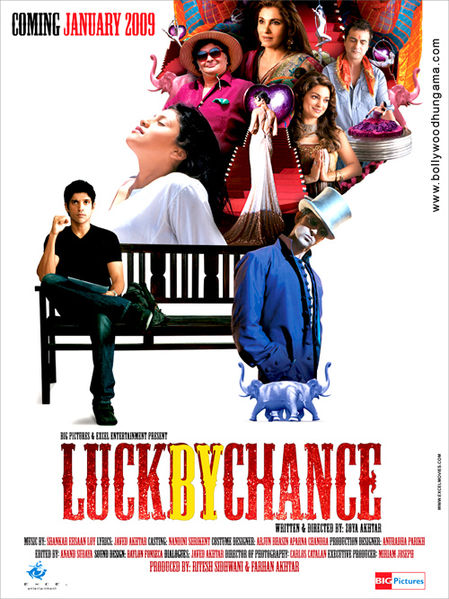
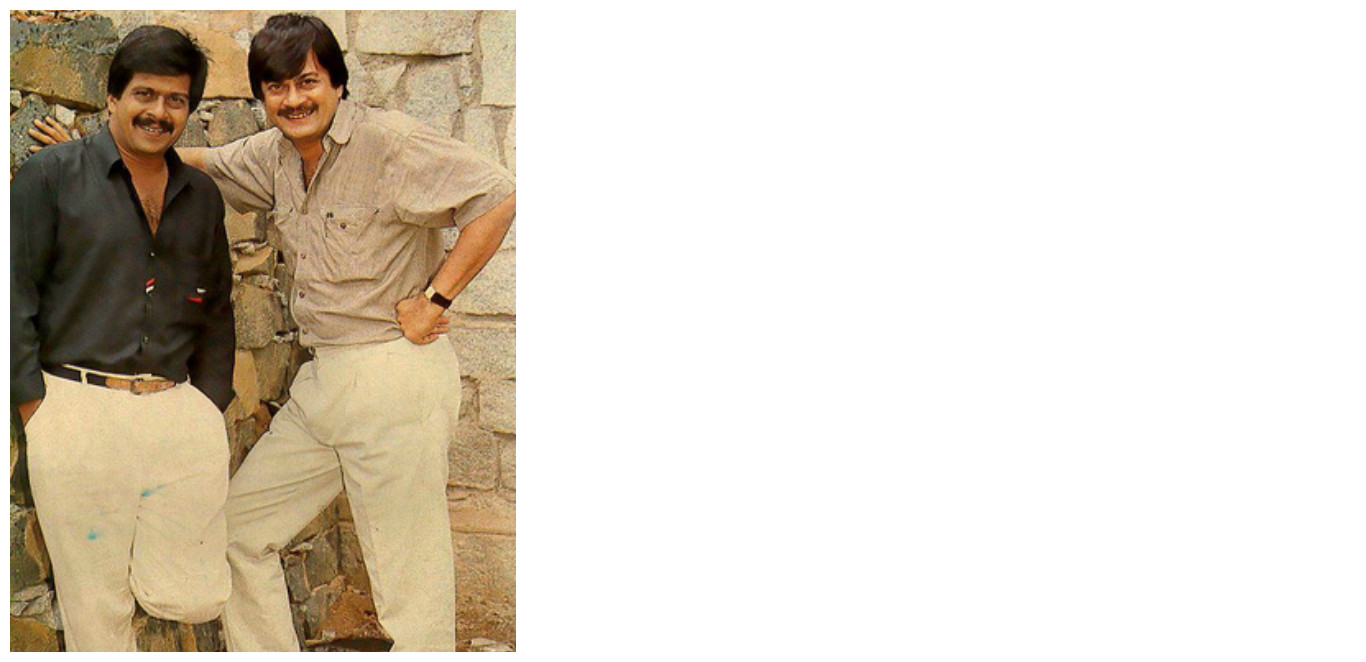
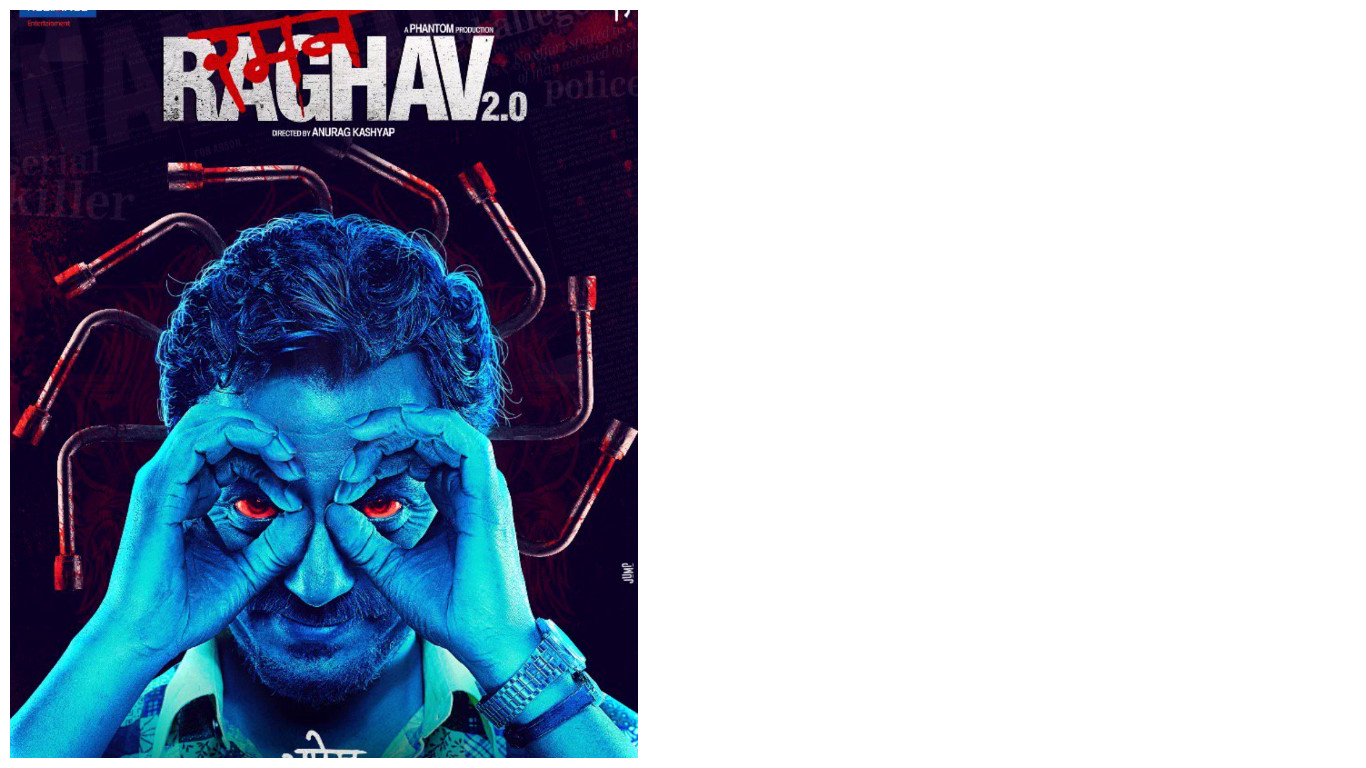
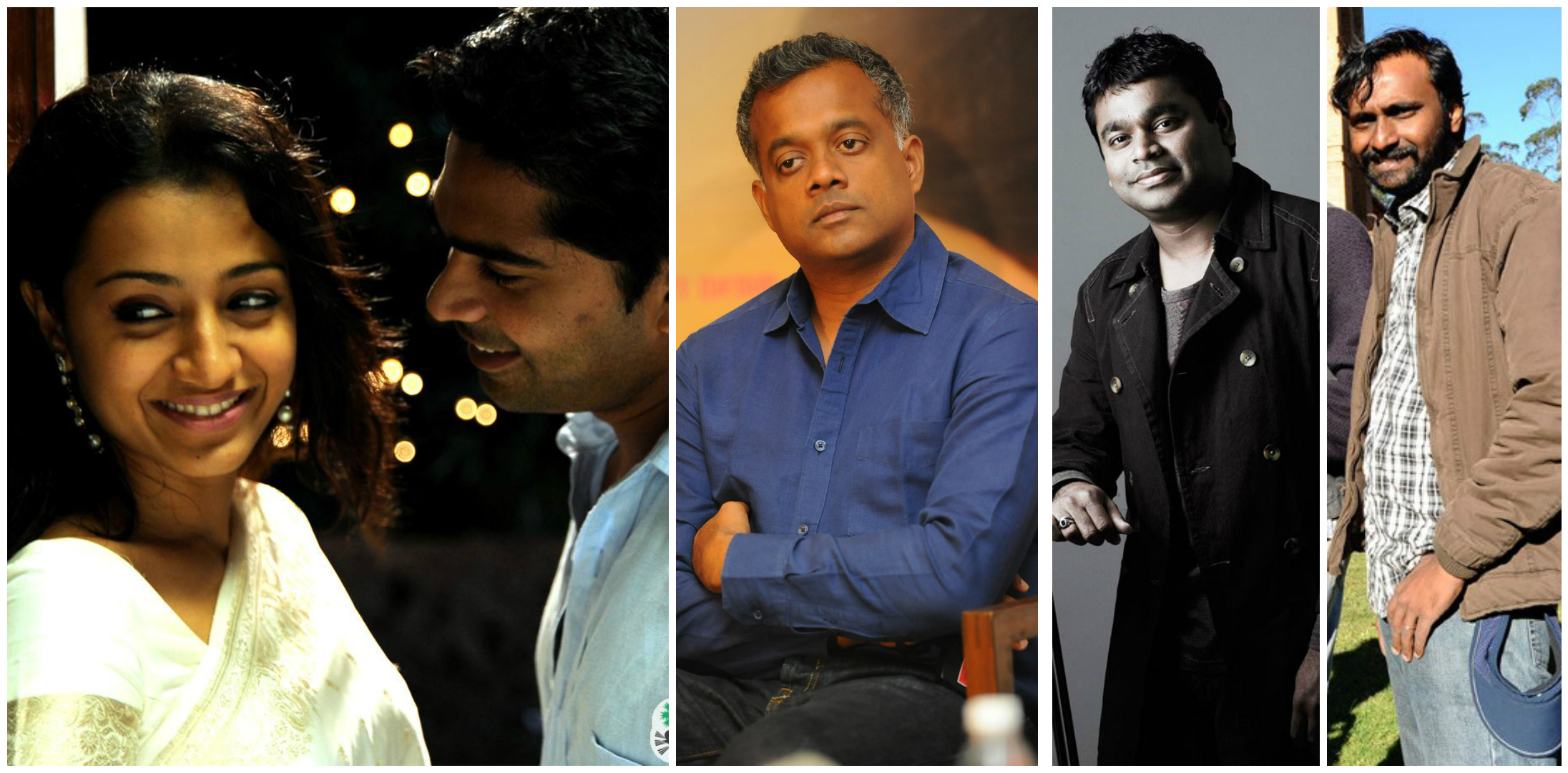
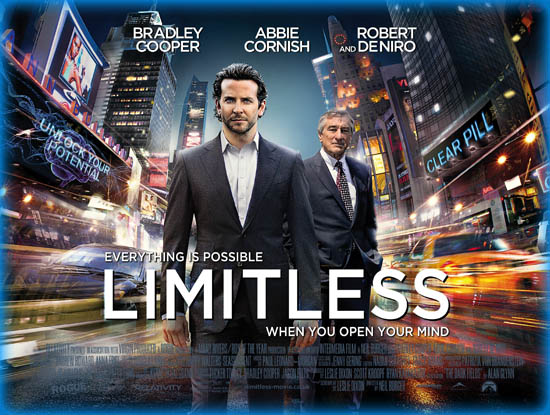




0 COMMENTS
WRITE COMMENT